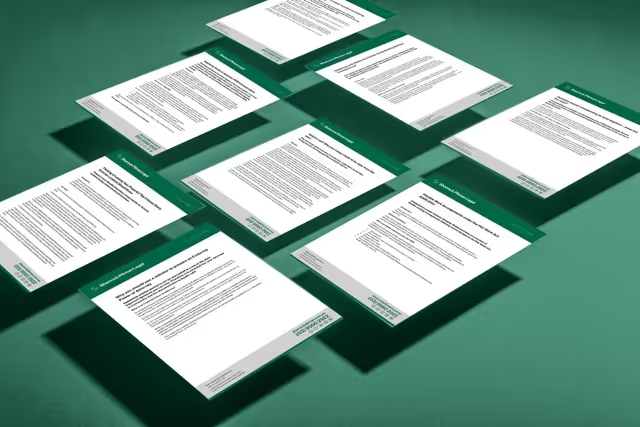The Mediator's commitment to confidentiality
A Mediator facilitates the disputing parties to reach an agreement. To do this effectively, the Mediator needs to understand the position of both parties. Each party will enter a Mediation Agreement with the Mediator in which the Mediator promises to keep each party's information confidential. Here are some things to keep in mind:
- The Mediator must not provide information to the other side which they have received from you, without your consent.
- You can discuss your position with the Mediator, knowing the Mediator will not let the other side know your position without your consent.
- When you do authorise the Mediator to speak to the other side on your behalf, make sure they confirm with you exactly what they are going to say to the other side.
- Position papers provided to the Mediator prior to mediation should be marked "Without Prejudice" to indicate that they should not be used as evidence in Court.
- It is standard practice for Mediators to destroy their notes after the mediation is complete.
By entering a Mediation Agreement, the Mediator is contractually bound to protect your confidential information. They are also under professional ethical obligations to do the same. This means you can openly discuss your matter with the Mediator and seek their advice, knowing that your confidential information is safe with them.
Confidentiality and evidence in court
What if you fail to resolve your dispute at mediation and your matter goes to court? Under section 131 of the Evidence Act 2008 (Vic), information that you provide to the other side in an attempt to negotiate a settlement cannot later be used in court as evidence. This means that you can make offers and discuss your dispute in good faith, without having to fear that what you say will come before a court.
Of course, you are still providing the other side with information that they can use to their tactical advantage, so caution is still required when you are discussing issues with the other side.
There are some important exceptions to the rule preventing confidential information provided during mediation from being used in court. The main exceptions are:
- The dispute in court is a dispute to enforce an agreement. This means that, if the parties reach an agreement at mediation, then evidence of that agreement can be used in court to enforce the agreement.
- The evidence is being used to determine which party is liable for legal costs. The general rule is that the loser in court proceedings pays part of the other side's legal costs. However, if a party has rejected a reasonable settlement offer, then they may lose some of their entitlement to costs or be required to pay costs themselves. Evidence of settlement offers can be brought before the court to determine this question.
- The parties consent to the evidence being presented to the court.
- The confidential information has been disclosed with the consent of all parties or the information was not intended to be confidential in the first place.
- The evidence was used to further a fraud, offence or abuse of power.
Basically, if you fail to resolve the dispute at mediation, a court will not take into account settlement offers and other confidential information provided during the mediation when determining the dispute in question. However, a court may look at the evidence to determine costs or whether there is an enforceable agreement.
These protections ensure mediation is a safe and effective means of resolving disputes between parties.
How can Sharrock Pitman Legal help me?
We have extensive experience assisting customers to resolve their legal disputes. If you need advice on your legal dispute, please contact us and it would be our pleasure to assist you. We provide fixed prices and offer substantive free benefits to all customers who run a business. Click here for full details. Call Sharrock Pitman Legal today on 1300 205 506 or email sp@sharrockpitman.com.au.
The information contained in this article is intended to be of a general nature only and should not be relied upon as legal advice. Any legal matters should be discussed specifically with one of our lawyers.
Liability limited by a scheme approved under Professional Standards Legislation.
Caroline Callegari is an Associate Principal and Accredited Specialist (Commercial Litigation). Caroline leads our Disputes & Litigation team and has an advisory and advocacy practice in the following areas: Commercial Litigation, corporate and personal disputes, debt recovery and, insolvency and bankruptcy matters. Caroline can be contacted on (03) 8561 3324 or by emailing caroline@sharrockpitman.com.au.












